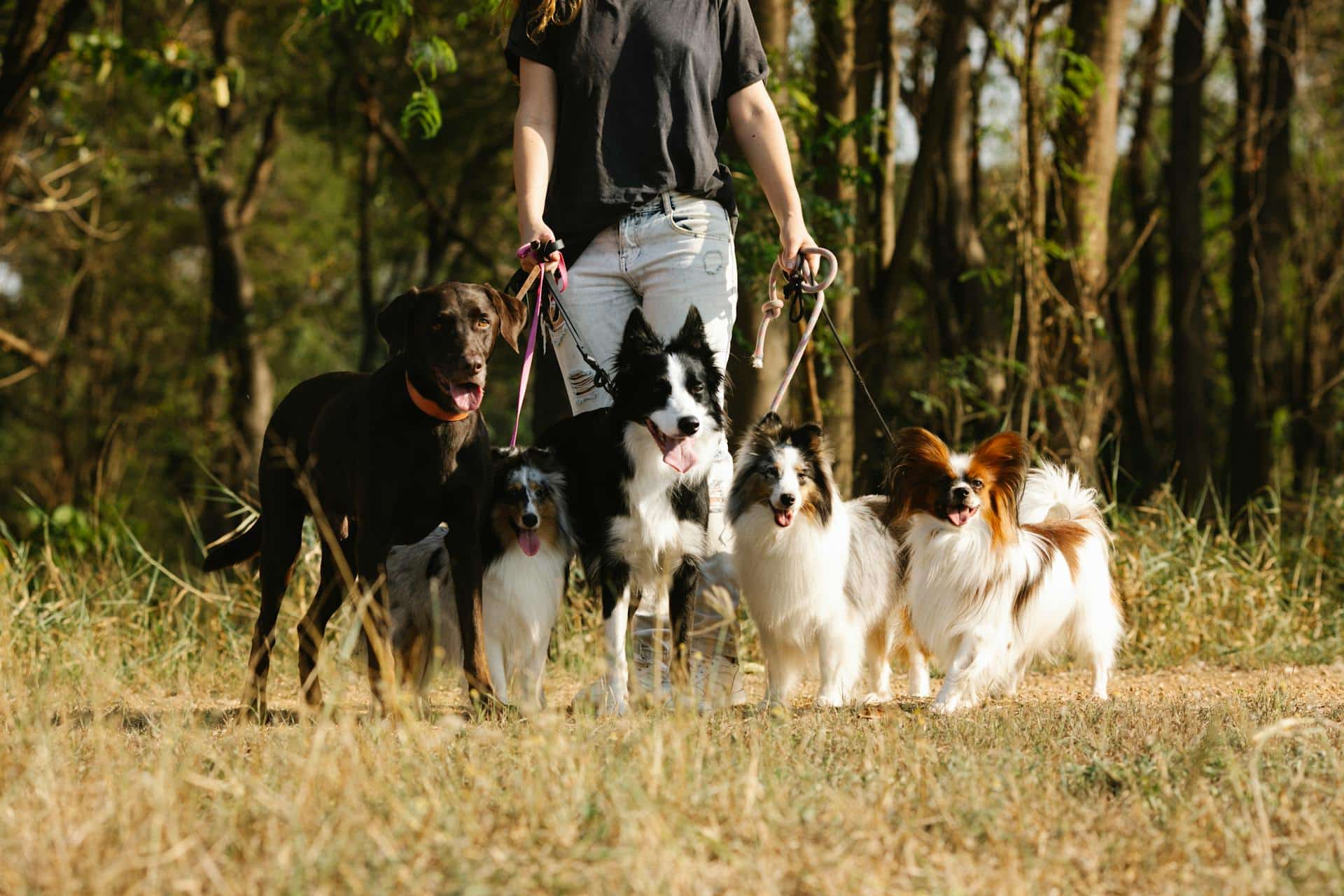How can you train a Shetland Sheepdog for competitive herding in the UK countryside?

As dog owners, you might be intrigued by the unique disposition and abilities inherent in different dog breeds. One breed that tends to stand out among the pack is the Shetland sheepdog, commonly known as Shelties. Not only are these dogs beautiful with their striking double coats, but they also have a remarkable herding instinct. This breed is a smaller, agile version of the Border Collie, making them ideal for working in the rugged terrain of the Shetland Isles, from which they get their name.
If you have a Sheltie and you're interested in training your dog for competitive herding, you're in the right place. This article will guide you through the fundamentals of training your Sheltie, the health considerations you need to be aware of, and how you can use these traits to your advantage in the competitive field.
In the same genre : What are the considerations for keeping a pet hedgehog in a high-rise apartment in London?
Shelties and Their Herding Instinct
The Shetland Sheepdog, as recognized by the American Kennel Club (AKC), is a breed known for its intelligence, agility, and herding instinct. Initially bred as a working dog to manage sheep in the harsh environment of the Shetland Isles, Shelties have an innate ability to control and manipulate the movement of other animals. This instinct, when channelled correctly, can be utilised for herding competitions.
Training Your Sheltie for Herding
Training your Sheltie for competitive herding begins with understanding their instinct. You will need to hone their natural skills and supplement them with training and discipline. This process is not a quick task; it requires time, patience, and consistency.
In the same genre : How to train an Alaskan Malamute for search and rescue in the Scottish Highlands?
To start, familiarize your Sheltie with sheep in a controlled environment. Incorporate toys or props that mimic sheep movements to help your dog understand the concept of herding. Use positive reinforcement to reward desired behaviour, which encourages the dog to repeat it.
Adopt a consistent training schedule that includes regular practice sessions. It is also beneficial to engage a professional trainer who understands working dogs and can provide guidance tailored specifically to your Sheltie's abilities and progress.
Health Considerations for Your Sheltie
As with any breed, there are specific health conditions and predispositions you need to be aware of. Shelties are prone to certain health issues, such as hip dysplasia, thyroid disease, and eye disorders. Regular check-ups and preventative care are essential to maintain your Sheltie’s health and ensure their readiness for herding training and competitions.
A significant part of your Sheltie's health is their diet. Ensure they are receiving a balanced diet that caters to their specific needs as an active, working dog breed. A high-quality diet will support their energy levels, maintain a healthy coat, and contribute to their overall wellbeing.
Understanding the Sheltie's Coat
The Sheltie's double coat is one of its most noticeable features and is a crucial part of the breed's adaptability to harsh weather conditions. The double coat consists of a dense undercoat and a straight, harsh outer coat, providing insulation against the cold and protection from the elements.
Regular grooming is a necessity to keep the coat healthy and prevent matting. Aside from maintaining the aesthetics of your Sheltie, proper grooming also has practical benefits. It allows you to check your dog for parasites or skin issues and promotes better heat regulation, which is especially important for a working dog.
Preparing for Competitive Herding
Once your Sheltie has mastered the basic herding commands and is well-adjusted to working with sheep, you can consider entering herding competitions. These events are an excellent opportunity for your Sheltie to demonstrate their skills and for you to connect with other dog enthusiasts.
In preparation for herding competitions, it is beneficial to attend trials and training days. This exposure will allow your dog to become familiar with the environment and the format of events. It will also provide you with some insight into what judges are looking for in a competitive herding dog.
Remember, competing should be as enjoyable for your Sheltie as it is for you. If your dog shows signs of stress or discomfort, it might be best to take a break and reassess. After all, the wellbeing of your Sheltie is the main priority.
In conclusion, training a Shetland Sheepdog for competitive herding is a rewarding journey that can strengthen the bond between you and your dog. With understanding, patience, and consistent training, your Sheltie can excel in the competitive herding field.
The Transcendent Bond between Shetland Sheepdogs and Their Owners
The harmonious relationship between a Shetland Sheepdog and its owner is an embodiment of unity, mutual respect, and communication. This bond is developed gradually and is nurtured further by shared tasks and experiences like competitive herding. Shelties, being one of the brightest of dog breeds, are always eager to learn, and they yearn for mental stimulation. Training them for competitive herding can offer both physical and mental challenges that they crave.
Shelties are known for their high energy, and regular exercise is vital. Training them for herding competitions provides the perfect outlet for their exuberance. As owners, you must ensure that your Sheltie is physically fit and mentally stimulated to excel in this high-intensity dog sport.
The symbiotic relationship between a Sheltie and its owner is crucial in herding competitions. As a team, you will need to work together efficiently, communicating through cues and commands. To achieve this, you must establish a bond of trust with your Sheltie. This requires patience, understanding, and a genuine affection for your dog. You must be willing to invest time and effort into training and managing your Sheltie.
As a herding breed, your Sheltie would naturally want to please you. This desire, coupled with their intelligence, makes training a smoother process. You must reciprocate their enthusiasm by being an encouraging and attentive trainer. Remember, a happy Sheltie is a responsive Sheltie.
The Role of The Kennel Club and Other Associations in Competitive Herding
The Kennel Club in the United Kingdom, similar to organizations in the United States and Australia, provides a framework for competitive herding. They offer training programs and workshops for owners and their dogs, providing a platform to learn and practice herding under professional guidance. Joining a local sheepdog club can also provide you with resources and a supportive community of fellow Sheltie owners.
The Kennel Club also hosts herding trials and competitions, offering a platform for Shelties and other herding dogs to showcase their skills. These events are governed by a set of rules and guidelines that ensure fair competition and the wellbeing of the participating dogs.
Before participating in competitions, it might be beneficial to attend a few as a spectator. This would give you an idea of what to expect and help prepare your Sheltie for the atmosphere of a herding trial. Observing other handlers and their dogs can also provide insight into different training techniques and strategies.
To sum up, owning and training a Shetland Sheepdog for competitive herding is a commitment that requires dedication, time, and effort. However, the rewards of this journey, from the deep bond you develop with your Sheltie to the joy of watching them excel in a task they love, are immeasurable. The key to success lies in understanding your Sheltie's needs, providing them with regular exercise and mental stimulation, and being a consistent, supportive trainer. This journey will not only offer an exciting challenge for your Sheltie but also add a fascinating dimension to your life as a dog owner. Hence, with the right training and guidance, your Shetland Sheepdog can indeed be your best companion in the thrilling world of competitive herding.
